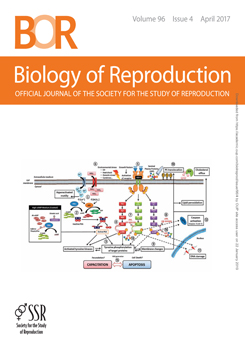The peptide relaxin has gained considerable attention as a new vasoactive drug, largely through its beneficial therapeutic effects in cardiovascular disease. In this study, we tested the hypothesis that relaxin treatment alleviates systemic vascular dysfunction characteristic of hypertensive diseases of pregnancy. We investigated vascular effects and mechanisms of relaxin action in (i) pregnant relaxin-deficient (Rln-/-) mice with enhanced responses to angiotensin II (AngII) and (ii) arteries pre-incubated ex vivo in trophoblast conditioned media (TCM) to induce endothelial dysfunction. Pregnant Rln-/- mice received 0.5 µg/h recombinant human H2 relaxin (rhRLX: n = 5) or placebo (20 nM sodium acetate; n = 7) subcutaneously via osmotic minipumps for 5 days prior to gestational day 17.5. This treatment protocol significantly reduced AngII-mediated contraction of mesenteric arteries and increased plasma 6-keto prostaglandin F1α. These vascular effects were endothelium independent and likely involve smooth muscle-derived vasodilator prostanoids. In the second study, mesenteric arteries were incubated ex vivo for 24 h at 37°C in TCM, which contained high levels of soluble Flt-1 (>20 ng/ml) and soluble Eng (>1 ng/ml). TCM incubation caused significant reduction in endothelium-dependent relaxation and increased sensitivity to AngII. Coincubation of arteries with rhRLX for 24 h (n = 6–16/treatment) prevented endothelial dysfunction but had no effect on AngII-mediated contraction. In conclusion, relaxin treatment prevents and/or reverses vascular dysfunction in mesenteric arteries, but acts through different vascular pathways depending on duration of relaxin treatment and type of vascular dysfunction. Overall, our data suggest that relaxin is a potential therapeutic to alleviate maternal systemic vascular dysfunction associated with hypertensive diseases in pregnant women.
Relaxin treatment reduces the vasoconstriction of the mesenteric artery to angiotensin II and protects the vasculature from developing endothelial dysfunction.





